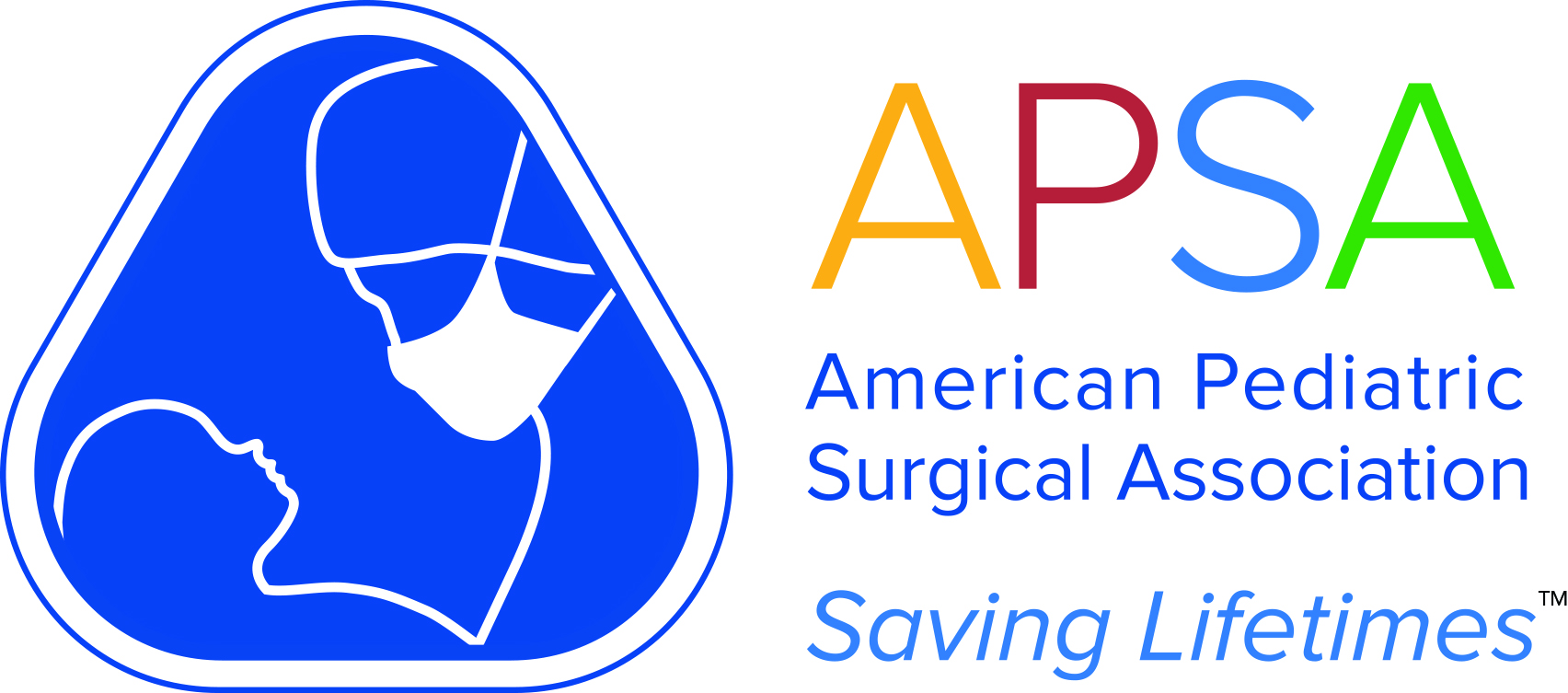
ABSTRACT SUBMISSION
View additional information about the Annual Meeting and related activities.
2025 Annual Meeting
May 7-10
Montreal, Quebec, Canada
APSA Policy Regarding Artificial Intelligence (AI)-Assisted Technology Use in Original Scholarship
- Ideas and data used to generate scholarly work submitted for consideration should be original work by the authors.
- AI-Assisted Technology, such as chatbots, large language models and image creators, can be used as tools to support research construction and output. Potential uses include assistance with text editing and summarization, as well as proofreading.
- AI-Assisted Technology cannot be listed as an author.
- The authors should review all work generated by AI-Assisted Technology and are ultimately responsible for the content of the research product. This includes the validity and accuracy of source material and appropriate references, as some major limitations of AI-Assisted Technology that can adversely affect research output include bias, hallucinations (factual inaccuracies), lack of contextual understanding, ambiguity of sources, and potential for plagiarism. Failure to do so may undermine the scientific credibility of the scholarly work.
- If AI-Assisted Technology is used to support the research process, acknowledgment of the technologies used and how they were used must be clearly delineated and listed in the Methods section.
APSA’s Originality and Duplicate Submission Policy
- Abstracts are submitted with the understanding that the data and essential substance are original. Authors have a duty to avoid any appearance of duplicate publication.
- Originality requires that the data are not part of any previously published book, journal or other work previously presented, and are not accepted for presentation, or being considered for presentation, at a regional, national, or international scientific meeting or organization where papers are chosen through a peer review process (unless the other meeting will take place after APSA).
- If an abstract is submitted for consideration at APSA and another regional/national/international meeting simultaneously, and the other meeting takes place prior to APSA, the abstract must either be: (i) withdrawn from APSA consideration immediately upon acceptance for presentation at the other meeting, or (ii) withdrawn from consideration at the other meeting and presented at APSA.
- Any work that is published or electronically available in a peer-reviewed journal before the date of the APSA meeting is NOT If a manuscript associated with the submitted abstract has been accepted for publication, the abstract must be immediately withdrawn upon acceptance for publication in journals (print or online) unless the publication date is after the annual meeting.
- Exceptions to duplicate submission:(i) data presented in a local city, county, or state, or presentation at the authors’ institution, such as at an institution-sponsored research day, citywide society meeting, or statewide meeting, (ii) data previously presented in the context of an invited lecture and not associated with any specialty or disease/topic -specific meetings or workshops (e.g., ELSO, IFMSS, COG, etc.)
- Failure of authors or sponsors to comply with these guidelines will result in penalties by the APSA Board of Governors including abstract withdrawal and a potential two-year prohibition on submitting additional work to the organization.
Abstracts Categories
- Abdominal Wall defects
- Advocacy
- Basic Science
- Critical Care
- Colorectal Diseases including anorectal malformations and Hirschsprung disease
- Congenital Diaphragmatic Hernia
- ECMO and extracorporeal support
- Education
- Endocrine surgery
- ERAS
- Ethics
- Fetal/Developmental Biology
- Gastrointestinal Clinical Pediatric Surgery, other than colorectal
- General Clinical Pediatric Surgery
- Global – author list must include author(s) from the low or low-middle income community or relevant community in order to be considered for selection.
- History – diseases, techniques, technology, events or personalities relating to the field of pediatric surgery.
- Innovation
- Minimally invasive surgery
- Necrotizing Enterocolitis
- Nutrition
- Obesity
- Oncology
- Practice (business of pediatric surgery, professional considerations, etc.)
- Quality and Safety
- Thoracic Clinical Pediatric Surgery
- Tissue engineering
- Trauma
- Other
All abstracts must be submitted through the APSA submission site.
Abstracts are judged on originality, scientific merit, study design, clarity of expression, presentation of data, adherence to the rules of submission and relevance to pediatric surgical care or research.
Abstract submissions were accepted through October 6. Authors were notified by December 31, 2024.
AWARDS
The following scientific awards are presented at the annual meeting:
- Quick Shots of Distinction Awards. Two awards, one in clinical and in basic science. This award is intended for surgical trainees (resident or fellow), medical students, affiliated professionals involved in pediatric surgical care.
- Judah Folkman Memorial Awards. Two awards, one in clinical and in basic science. This award is intended for surgical trainees (resident or fellow).
- Quality, Safety and Value in Surgery Award.
- Innovation Award
- Eric B. Jelin NAFTNet-APSA Award for Best Abstract in Fetal Diagnosis and Therapy Award. This award is intended for junior faculty (assistant professor or instructor), fellow, or resident.
